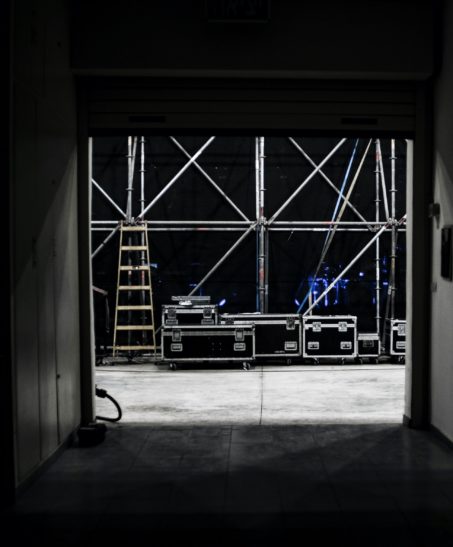We are all expert improvisers ….
Do you wake up in the morning with a detailed script telling you exactly what to say, to whom, when, and what to do?
Improvisation is mistakenly often thought of as a spontaneous activity, with little to no preparation or thought. One of the paradoxes of improvisation is that you need to practice being spontaneous and in the moment until it comes naturally.
At Sparks, we help others improve this skill in a safe and supportive environment while discovering new possibilities. This is what we call Applied Improvisation.
Applied Improvisation is about being more aware in the moment and being flexible to changing situations. Through improvisation training, people can retrain their brains to become more creative, become better public speakers and active listeners and react more positively to change and difficult situations that may arise.
An example: team development
The starting point for effective team development is creating trust.
This requires fostering the conditions where ideas can be shared, risks can be taken, entrenched habits and mindsets can be altered, and people see each other as valuable resources.
Highly interactive workshops positively shift a person’s natural way of thinking to develop attentiveness, a greater ability to listen, more awareness of and engagement with others, and build confidence to make strong choices instinctively and spontaneously.
Learning, applying and practicing the principles of improvisation help team members by developing their ability to act and react in the moment individually and collectively in order to get positive results. Improvisation is as much a mindset as it is a behavior.
Interactive learning activities, games and group challenges during the session will focus on:
- Building trust
- Improving communication and collaboration
- Enhancing brainstorming, creative problem solving and innovation.
The discovery and transformation for participants occurs through the combined personal experience of the exercises and the collective learning from the plenary debriefing. As well, time is given for the group to decide on how they would like to commit for deepening the session learning and discovery in the weeks and months to come.
(photo credit : Ashley Batz on Unsplash)



